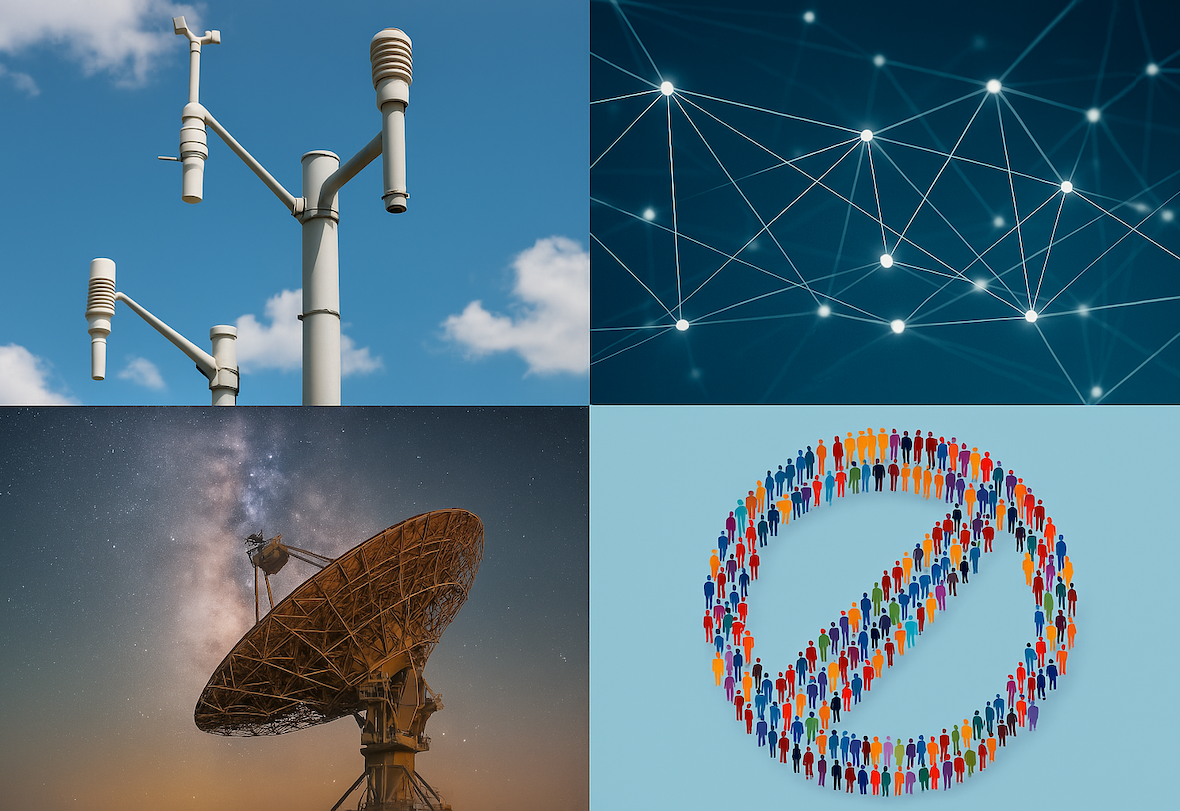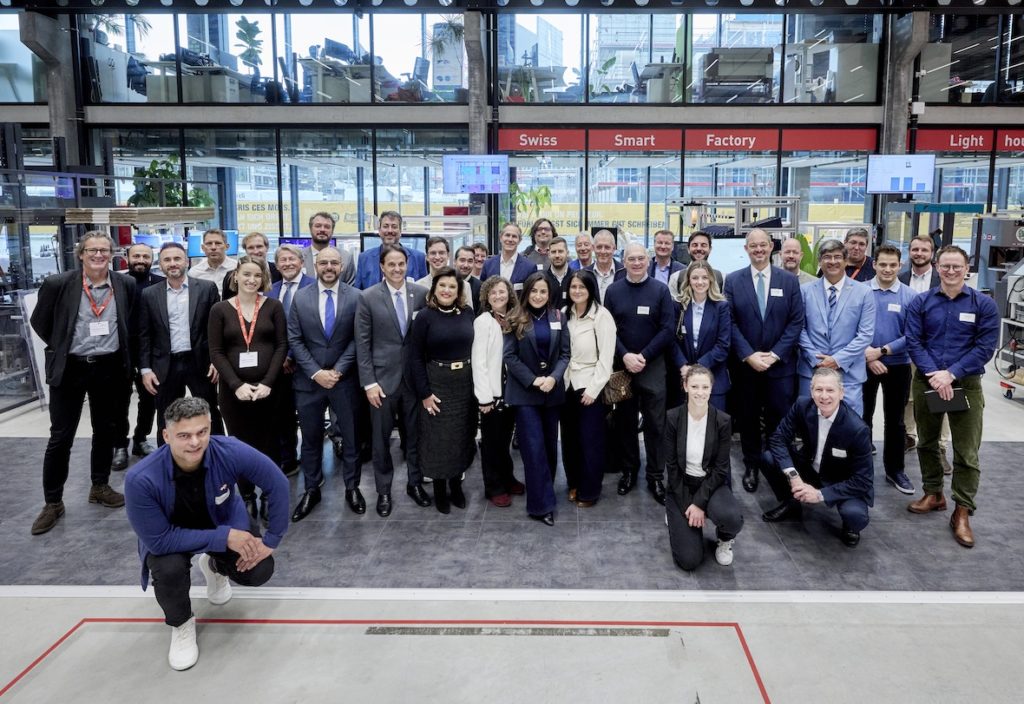
Switzerland expands international research cooperation with four new ERIC memberships
9 April 2025
 The Swiss Federal Council has approved full membership in four ERICs, enhancing international research collaboration across key scientific domains.
The Swiss Federal Council has approved full membership in four ERICs, enhancing international research collaboration across key scientific domains.
Switzerland will deepen its integration into European research networks by joining four major international infrastructures spanning environmental science, linguistics, astrophysics, and social sciences.
On 9 April 2025, the Swiss Federal Council approved Switzerland’s accession to four European Research Infrastructure Consortia (ERICs), strengthening the country’s participation in leading international networks. This decision marks a strategic step in advancing scientific excellence and fostering cross-border collaboration in critical research areas.
The move concerns Switzerland’s full membership in four infrastructures where it previously held observer status: ACTRIS, CLARIN, CTAO, and ESS. Each ERIC focuses on a distinct scientific field, providing researchers with access to shared data, tools, and facilities, and allowing them to contribute on equal footing with international peers.
ACTRIS (Aerosol, Clouds and Trace Gases Research Infrastructure) supports cutting-edge research on atmospheric processes. It provides open data and tools for studying air quality, climate change, and their interaction with ecosystems. Switzerland’s membership will reinforce national expertise in environmental monitoring and climate modelling.
CLARIN (Common Language Resources and Technology Infrastructure) facilitates access to digital language resources and tools for linguistics and the social sciences. By joining CLARIN, Swiss researchers will benefit from shared technologies to support multilingual data processing and language-based AI models.
CTAO (Cherenkov Telescope Array Observatory) is the world’s most advanced ground-based observatory for gamma-ray astronomy. It explores the most energetic phenomena in the universe, such as supernovae and black holes. Switzerland’s membership strengthens its long-standing engagement in particle physics and astrophysics.
ESS (European Social Survey) conducts cross-national surveys that measure public attitudes, beliefs, and behaviours. These insights inform social policy and political science research. Swiss participation ensures the country remains fully integrated in comparative social science studies across Europe.
The Parliament has already approved the necessary funding through the 2025–2028 national research and innovation framework. With this expansion, Switzerland will be a member of 11 ERICs in total, reinforcing its commitment to high-impact, collaborative science.

